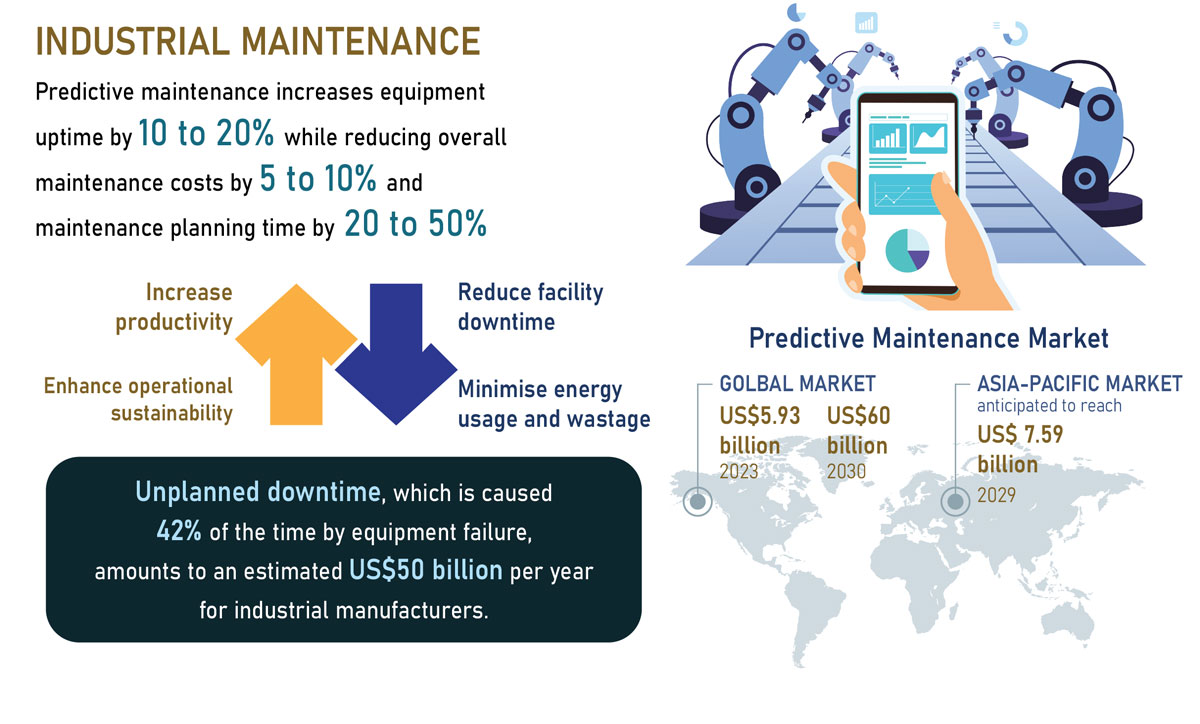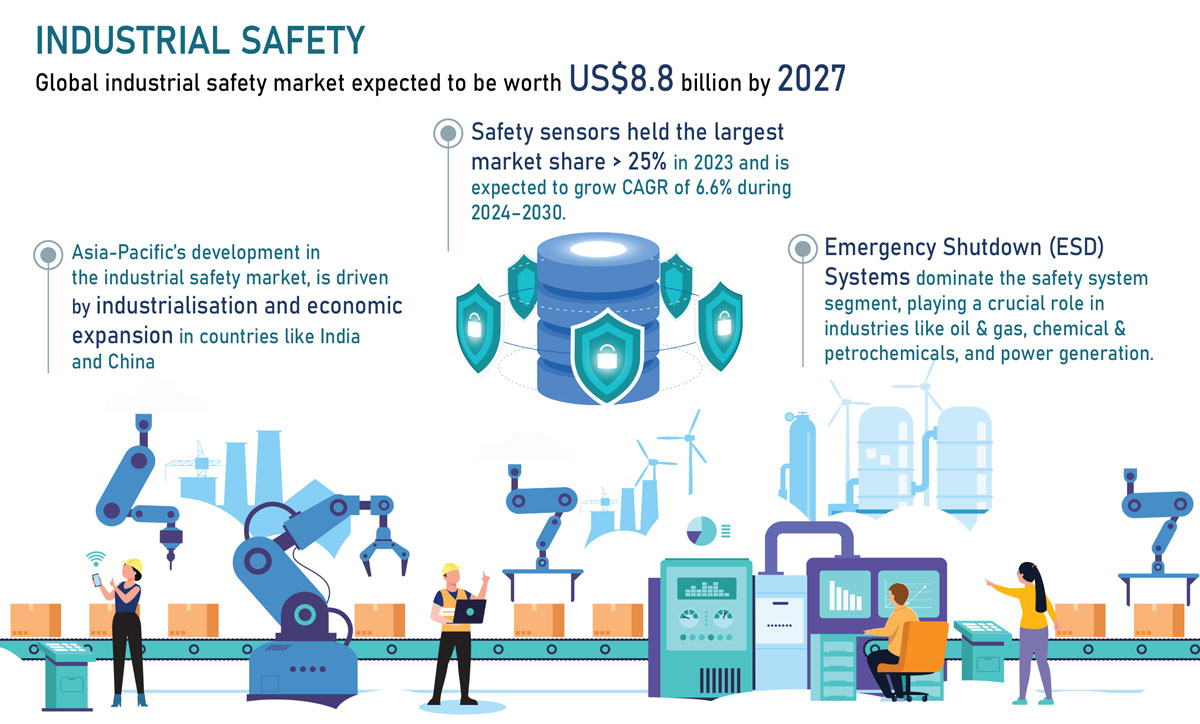About SISTAM
About SISTAM
SISTAM is Thailand's premier B2B event dedicated to smart industrial safety and advanced maintenance solutions. Organised by ExpoSis in collaboration with Knowledge Partner and Co-founder – Chula Engineering. SISTAM brings together industry leaders, decision-makers, and experts across sectors. It provides a dynamic platform for knowledge exchange, business growth, and innovation, offering the opportunity to explore cutting-edge solutions and expand network within the realm of industrial safety and advanced maintenance practices.
As Thailand embraces smart factories and digital technologies to create more flexible and agile manufacturing processes, the need for industrial safety practices and predictive maintenance initiatives will become increasingly vital. Together, SISTAM sets the stage for forging a path towards safer, more sustainable, and technologically advanced industrial practices, elevating Thailand's commitment to global excellence and innovation. SISTAM 2025 comes against the backdrop of Thailand’s 4.0 strategy to revolutionise the manufacturing and engineering sectors and increase productivity efficiency, and competitiveness.
SISTAM also attracts a highly targeted audience and decision-makers across various industries, from automotive, petrochemical, oil and gas, food & beverage, and more. It provides a direct gateway for your company to gain potential leads and clients with a specific interest in industrial safety and advanced maintenance solutions. Beyond exhibition opportunities, SISTAM also enables you to engage with fellow industry leaders, subject experts, and influencers. These interactions can pave the way for new business opportunities, partnerships, and collaborations that drive business growth, and innovation.
MARKET INSIGHTS
shaping the industrial safety and advanced maintenance landscape in 2024 and beyond
With an increasing focus on predictive maintenance and moving away from reactive maintenance, industries are increasingly adopting predictive maintenance strategies. This shift is driven by the cost-effectiveness and efficiency of predicting equipment failures before they occur.





